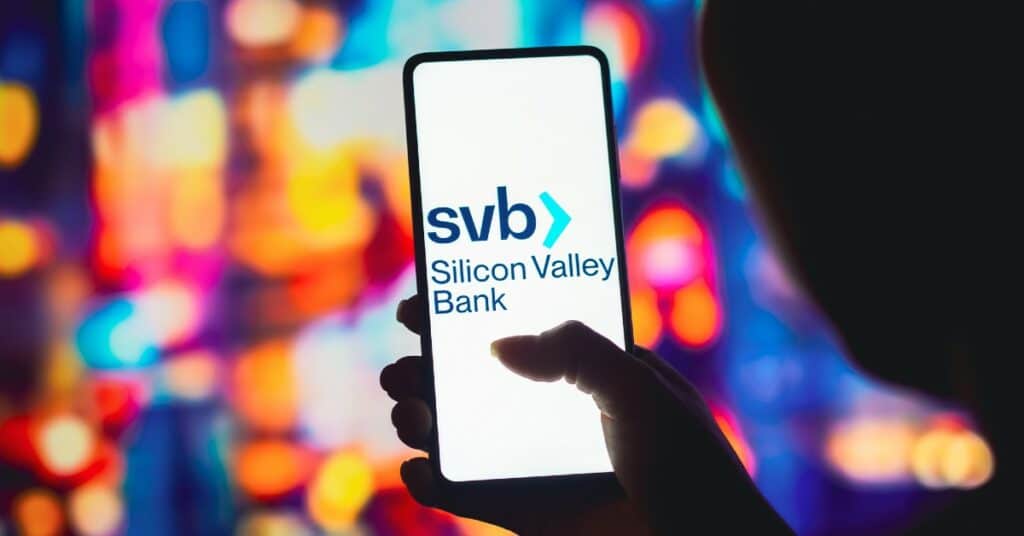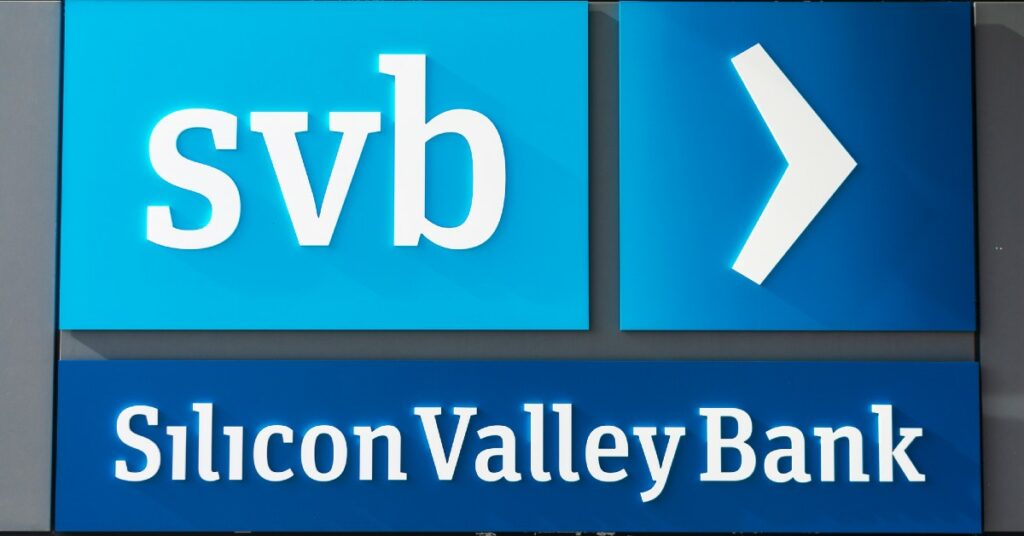Silicon Valley Bank, the recently collapsed bank of startups seized by the US government, has found a buyer.
After a couple of failed attempts, the FDIC confirmed today that First Citizens BancShares Inc. agreed to buy Silicon Valley Bank.
First Citizens Bank & Trust Company was the 30th largest bank in America at the end of 2022 and is now acquiring America’s 16th largest bank.
With this deal, the US regulators are taking a major step in bringing stability to America’s regional banking sector that has seen bank runs and erosion of value.
SVB’s commercial business unit sold

The Raleigh, North Carolina-based First Citizens is acquiring the commercial banking business of Silicon Valley Bank.
The transaction does not include the private banking arm of SVB, which the FDIC is seeking to sell as a separate entity.
A statement from the FDIC explains that the deal includes the purchase of about $72B of SVB assets at a discounted price of $16.5B.
“Approximately $90B in securities and other assets will remain in the receivership for disposition by the FDIC,” the statement from FDIC reads.
At the close of the transaction, the FDIC will receive up to around $500M of First Citizens common stock and the cost of the failure to the Deposit Insurance Fund is estimated at $20B.
Even though the FDIC is part of the US government, the bailout of SVB was funded by a pool of capital provided by insured banks.
Frank Holding Jr., chairman and CEO of First Citizens, says, “We have partnered with the FDIC to successfully complete more FDIC-assisted transactions since 2009 than any other bank, and we appreciate the confidence the FDIC has placed in us once again.”
In addition to SVB’s loan book, the First Citizens will also assume assets of $110B and deposits of $56B.
The deal will culminate in SVB’s 17 branches reopening under the First Citizens brand on Monday and all depositors becoming depositors of First Citizens.
SVB: An abrupt failure

Earlier this month, Silicon Valley Bank became one of the biggest US lenders to fail in more than a decade and raised concerns about the banking industry globally.
On March 9 alone, investors and depositors at SVB tried to withdraw about $42B and pushed the bank into negative territory.
As SVB tried to shore up its books, there were more concerns than support and the whole saga culminated in the FDIC taking reins of the failed bank.
SVB was not a typical bank and it supported more than half of US tech and life sciences companies.
The collapse of Silicon Valley Bank was widely seen by investors as an “extinction-level event.”
While the provisions allowed security for up to $250,000 in deposits, most depositors at SVB had bigger deposits, which led to concern about how companies will support payroll.
However, the US Treasury, Federal Reserve Board, and the Financial Deposit Insurance Corporation announced that they would “fully protect” all depositors.
While regulators offered safety to depositors, they were also racing to find a suitor for all or parts of the bank.
Both Bloomberg and the Wall Street Journal reported that the earlier attempts by the FDIC passed without a buyer.
This is in stark contrast to the UK arm of Silicon Valley Bank, which was immediately rescued by HSBC.
The decision by the FDIC to allow potential acquirers to submit separate offers for the Silicon Valley Private Bank subsidiary and Silicon Valley Bridge Bank should be seen as the facilitator of today’s deal.
While First Citizens has successfully acquired the commercial banking business of SVB, some observers have raised questions about its ability.
For now, SVB’s depositors can find some relief with this deal but all eyes will be on how soon the FDIC can find a buyer for SVB’s private banking business.










01
From telecom veteran to Dutch Startup Visa success: The Jignesh Dave story